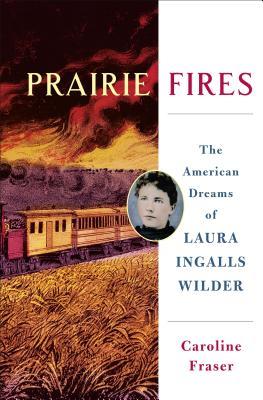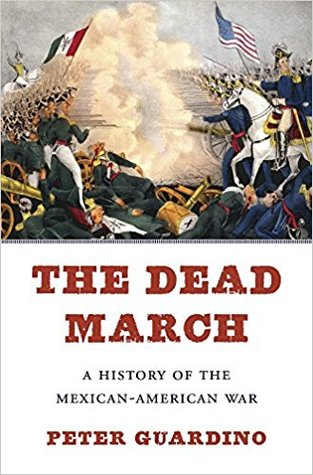The Dead March: A History of the Mexican-American War, by Peter Guardino (Cambridge, MA: Harvard University Press; 512 pp., $39.95). This is an excellent account—part social, part military, and part political—of the Mexican-American War, fought between 1846 and 1848 and concluded by the Treaty of Guadalupe-Hidalgo in 1849 that ceded, essentially, the northern half of Mexico to the United States. Guardino’s treatment of the salient battles—Resaca de la Palma, Buena Vista, Veracruz, Cerro Gordo, Molino del Rey—is compelling, reminiscent for its clarity of Shelby Foote’s battlefield descriptions in his three-volume history of the War Between the States, though the battle maps are hardly as useful. Guardino is equally successful in conveying the reality of Mexico—the particular feel of the country and a sense of her people, her towns, and her countryside that remain powerfully recognizable after nearly 200 years. Like Foote also, he is careful to treat his description of the war and the political issues surrounding it with admirable evenhandedness. (Who would guess, after reading A History of the Civil War, that Shelby Foote the man, as opposed to the author, believed, as he did, that Lincoln was the towering and most sympathetic figure of the war years?)
It is all the more regrettable, therefore, that Guardino’s “Conclusion” should be a politically correct statement arguing the case for Mexican immigration to the United States, since “what unites us is more important than what divides us,” and “our hope is more powerful than our fear.” That is liberal cliché, not historical statement. Nevertheless, potential readers who object to such ideological fluff do themselves a great disservice if they allow themselves to be put off by it. To paraphrase H.L. Mencken in his review of Dreiser’s An American Tragedy, hire your local community-college professor to read the last chapter, and save the rest of this intriguing book for yourself.

Prairie Fires: The American Dreams of Laura Ingalls Wilder, by Caroline Fraser (New York: Metropolitan Books; 640 pp., $35.00). The title of this book is an unfortunate one, as, contrary to the popular impression of her that has formed since the television series of the 1970’s and 80’s, Laura Wilder was not a sentimentalist but a hardheaded, immensely realistic, strikingly competent, and (above all perhaps) determined and very stubborn woman. Neither is Caroline Fraser, who has written what her publishers fairly call “the definitive biography” of Mrs. Wilder. About 20 years ago, a great to-do erupted concerning the authorship of the so-called Little House series when an author from the Wilders’ final locality in Missouri wrote a book of his own arguing that the books were “actually” ghosted by their daughter, the libertarian writer Rose Wilder Lane. Fraser does a superb job in showing that the texts were not ghosted: They were indeed Laura Wilder’s own work, though substantially improved in subsequent drafts by Rose, who further shaped the stories to heighten their dramatic moments and refine their fictionalized aspects. (If Rose “ghosted” her mother’s work, then the same can be said of Maxwell Perkins for his editing of Thomas Wolfe’s novels.) The question of authorship, however, is treated by Fraser as one aspect merely of Wilder’s life. I cannot imagine that any future biographer can add significant information regarding that life and the persons and events that shaped it.
This is, then, the “definitive” biography not only of Wilder, but of the Wilders and their associates. I first read Little House in the Big Woods when I was five or so. My grandfather Williamson, who was also raised in the frontier life though not so far west, had immersed himself in the books, and the Wilders and their story were a formative part of my intellectual and imaginative life from an early age. I’ve often wondered, since childhood, what became of the characters involved in the stories, and how, and why. I’ve learned from this book the answer to nearly every question I ever thought to ask. Finally, I must note that Prairie Fires, which might well have been spoiled by modern feminist cant, is blessedly free of it. The Wilders—all of them—would have loved Caroline Fraser’s biography.

Leave a Reply